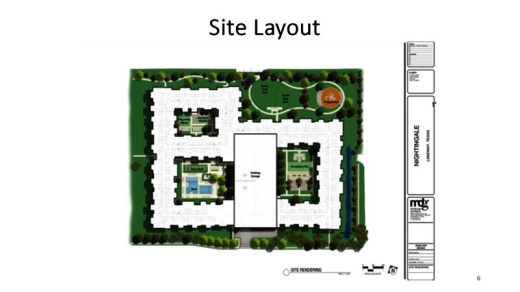Lakeway City Council will consider Aug. 16 a proposal to build workforce housing at the intersection of RM 620 and Nightingale Lane.
Lakeway Council members will be asked to vote on a proposed zoning change for approximately 8 acres of land that is zoned for uses other than residential. Approving a zoning ordinance can only occur if council also attends to another item–updating the city’s future land use map, or FLUM, according to city documents.
The Nightingale proposal, put forward by Kent and Meg Conine of Conine Residential Group Inc., if built, would see construction of a 248-unit apartment complex intended for people earning on average 60% or less of the area median income. A parking garage and 1-acre public park are other major features of the proposed development.
The Lakeway planning commission voted unanimously Aug. 9 to not recommend the project to City Council largely because the commission members said the acreage was better suited for a commercial project as suggested by the current FLUM map.
However, according to city staff materials, council members will weigh the map, which is part of the city’s long-term comprehensive plan, with other sections of the city’s long-term plans that call for “high-density housing along state highways.”
Surrounding residents have come out in opposition to the project. At previous public hearings and meetings, residents have said the project is too dense and will negatively affect traffic and congestion on nearby residential streets.
According to city documents posted on Lakeway’s website, employers in the area have submitted written support of the project, saying that affordable housing is needed to maintain a proper workforce at their businesses. Businesses that have stated support for the project include: Belmont Village Senior Living, The Gramercy and the Sonesta Bee Cave Hotel.
The Lake Travis Chamber of Commerce also submitted a letter July 29 to the city generally supporting workforce housing.
“Results of a LTCC membership survey indicate that 78% of respondents feel workforce housing will benefit their businesses and ability to hire and retain appropriate employees,” the letter states.
The 8 acres for the proposed project is currently zoned for commercial and agricultural use and is owned, in part, by William and Mary Kay Pope, according to city documents and county property records.





